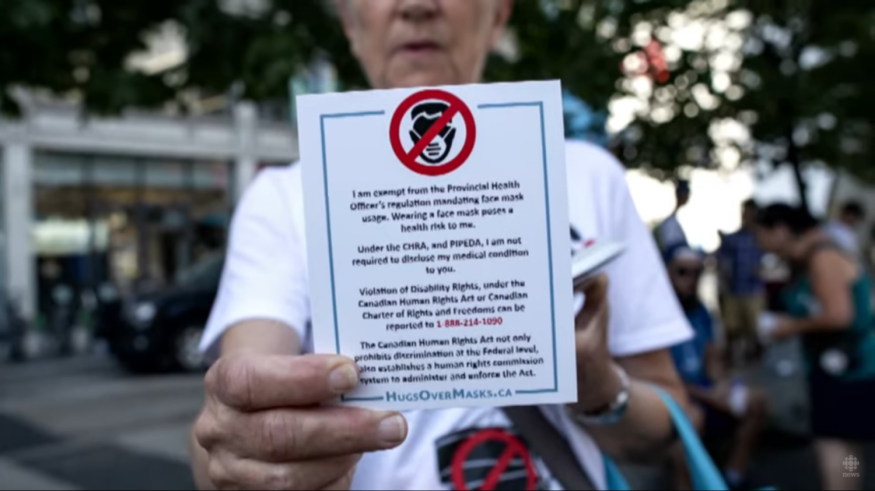
The COVID-19 pandemic continues to test the patience of many people, and being solitary frustrates people even more. According to officials in the United States and Germany, the latest upsurge in cases is caused by the selfish minority or the rule breakers who refuse to follow health protocols.
But blaming alone the rule breakers will not be enough. It is also important to understand the psychological roots of their behavior to know what makes it difficult for them to follow the rules in this pandemic. But first, who are these antimaksers, and what are their motivations for not following health protocols?
Psychology of Pandemic
According to psychology, human behavior at its very core is governed by reward principles, in which every action is motivated by a perceived award. Using this principle in the pandemic means that the action of following health protocols is perceived to gain a reward of not getting sick.
However, this might not be perceived as a reward for much longer as most of the people are not sick in the first place. This lack of reward reinforcement could become an optimism bias, wherein the person would think that they can't get infected. This belief might become more powerful than the anxiety as time passes and the perceived threat of the virus reduces.
But more than the individual psychology, there are broader social factors. People look up to others as their behaviors are shaped by social norms.
It often creates confusion about the set guidelines and seeing people do the opposite, like having beach parties, mountain biking, or having picnics in the park. This then creates a mindset that: "if they're doing it, why can't I?"
In solving this, governments should appeal to the people's sense of shared identity and emphasize the possible consequences that a rule breaker will receive, but without overemphasizing it to avoid building up resentment among the people.
Why Not Follow Health Protocols?
In an analysis of more than 60,000 responses from over 30 countries, 100 experts study what might motivate people from following health protocols and why some become rule breakers, according to Scientific American.
They found that the financial crisis is often stronger lof motivation for people to either follow the rules or not. That means an effective way to appeal to people during the pandemic is by addressing economic well-being.
Also, political orientation predicts their behavior during the pandemic and the coming months. The politicization of the current situation makes people think that there are more pressing issues than a pandemic.
Lastly, it's all about reverse psychology. American psychologist Jack W. Brehm published a theory that people believe they have specific behavioral freedoms and when someone takes it from them, they try hard to reassert that freedom. In other words, they do the exact opposite of what is being said to them.
A study in the 1970s tested Brehm's theory and found that humans have an innately strong tendency to resist curbs on personal freedoms. Similar to what is happening to people today when told that some of their regular activities are already restricted.
Check out more news and information on COVID-19 in Science Times.
© 2025 ScienceTimes.com All rights reserved. Do not reproduce without permission. The window to the world of Science Times.











